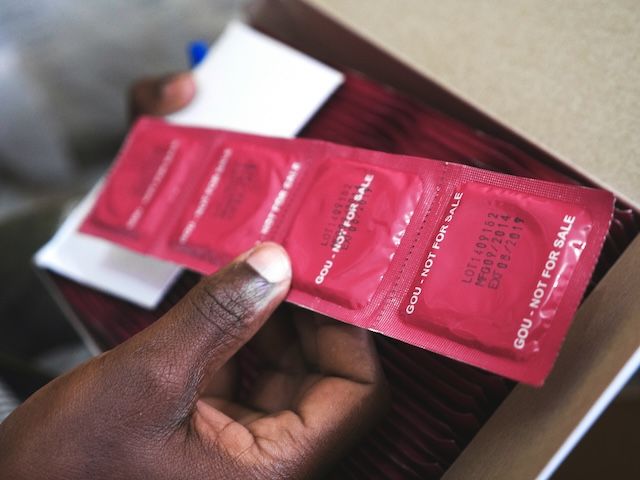Namibia's Bold Stride towards the Elimination of Mother-to-Child Transmission of HIV, Syphilis, and Hepatitis B
Namibia is on the verge of a remarkable public health achievement. The nation is leading the charge in the fight against mother-to-child transmission of HIV, Syphilis, and Hepatitis B, setting an inspiring example for countries worldwide.
In the race to end the mother-to-child transmission of critical diseases, Namibia has achieved an unparalleled breakthrough. The nation stands on the brink of eliminating new HIV, Congenital Syphilis, and Hepatitis B infections among newborn babies and children, a monumental task that portrays a clear picture of the nation's determination to enhance public health.
The Namibian government's commitment to meeting the World Health Organisation (WHO) targets of 95-95-95 is a noteworthy accomplishment. The ultimate aim of Zero New HIV Infections is supported by continued investment in the HIV and AIDS response, reflecting the nation's commitment to the cause.
According to Ben Nangombe, Executive Director of the Ministry of Health and Social Services, this investment is integral to preserving the progress made in expanding HIV services, which encompasses prevention, high-quality treatment, and access to comprehensive care.

Namibia's progress towards the complete elimination of Mother-to-Child Transmission (MTCT) of HIV, Syphilis, and HBV by 2024 was lauded in a recent meeting between the health ministry and the WHO's Regional Validation Committee.
The Elimination of Mother-To-Child-Transmission (EMTCT) programme, initiated as a pilot in 2002, aims to reduce MTCT of illnesses to below 2% by 2028. This goal necessitates a range of interventions, from preventing HIV among reproductive age groups to providing comprehensive care to mothers living with HIV and their families.
Rapid scaling up of EMTCT services, facilitated by government support and partnerships, has been critical. This involved developing guidelines, training healthcare workers, procuring necessary equipment, building laboratory capacity, supporting community-based interventions, and infrastructure development where necessary.
The results are impressive. Indicators suggest that Namibia will soon join the ranks of African countries certified as being on the path to the triple elimination of MTCT.
Despite challenges posed by the Covid-19 pandemic between 2020 and 2022, Namibia's national roadmap for elimination of HIV and Syphilis, launched in 2020, remained on course. The nation also established a National Validation Committee (NVC), outlining priority interventions for achieving Gold Tier Status as per WHO’s elimination targets.
Pre-validation Assessment and Triple-Validation Report
Supported by the health ministry and partners, the NVC conducted a pre-validation assessment using WHO-recommended standardized tools. The national triple-validation report emphasizes Namibia's achievements, including near-universal testing for HIV and syphilis in Antenatal Care settings.
The overall Mother-to-Child Transmission rates of HIV have shown a steady trend. Commitment to evidence-based interventions, robust laboratory services, community engagement, gender equality, and human rights underpin these successes.
Namibia's journey towards triple elimination is ongoing, with the recognition of existing challenges and continuous efforts to find sustainable solutions. Strategic engagement with development partners, non-governmental organizations, and the private sector is vital to equitable elimination and sustainability at all levels.
Namibia's efforts in applying for triple elimination validation signify a massive achievement. Dr. Mary Brantuo, the Officer in Charge of the WHO, commended Namibia's exceptional political, administrative, and financial leadership and the strong in-country partnership for the substantial progress made.
As the first high-burden country in the Region to apply for triple elimination validation, Namibia stands as a beacon for other nations. The UN in Namibia has pledged its continued support, aspiring to see more babies born free of HIV, syphilis, and hepatitis B.
Namibia's remarkable journey towards the elimination of Mother-to-Child Transmission of HIV, Syphilis, and Hepatitis B highlights the power of commitment, collaboration, and innovation. The nation's efforts serve as an inspiring model, emphasizing that with the right approach and unwavering determination, achieving even the most formidable public health goals is within reach.
Source: Observer





